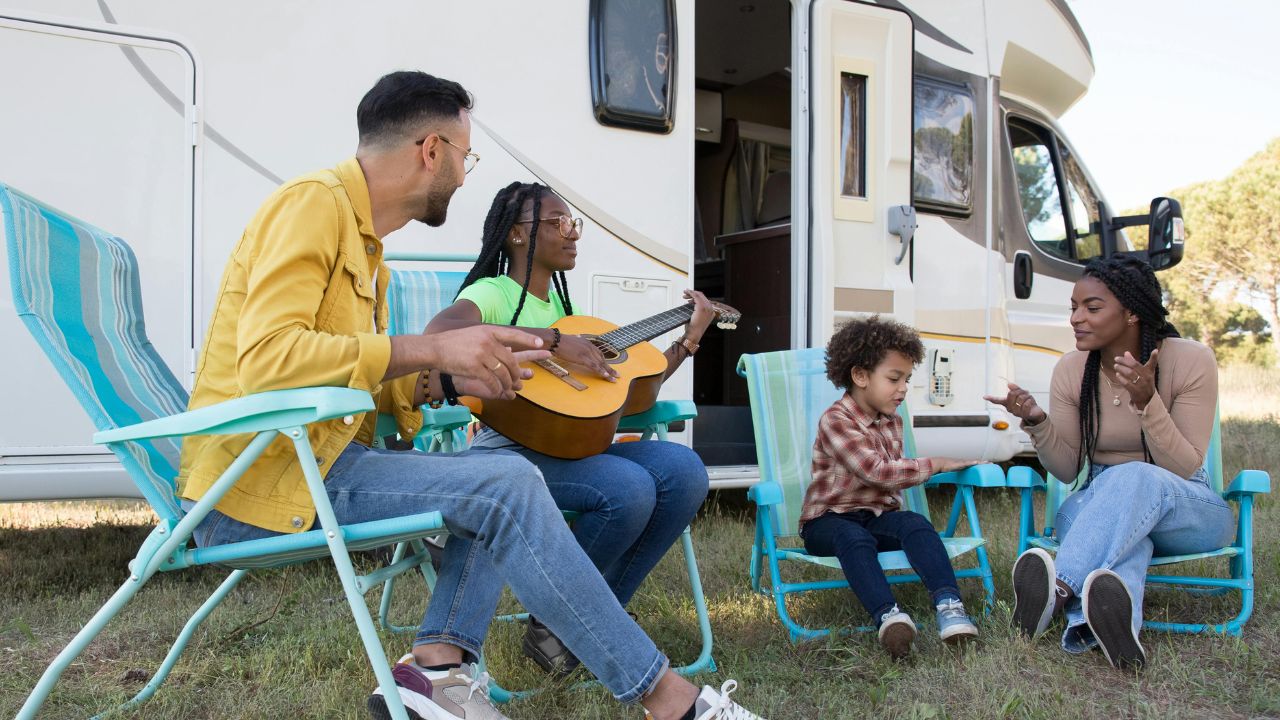
Making RV Travel Work Long Term
Spending extended time on the road in an RV can be one of the most freeing ways to travel, but that freedom depends on how well you’re able to manage the lifestyle beyond the obvious logistics. Once you’ve figured out how to drive it, park it, and stock it, the real work starts. Long term travel requires more than the basics, it means building a way of living that doesn’t wear you out or turn into something you constantly need to recover from. You’re not just figuring out where to go- you’re deciding how to live while you get there.
Pacing the trip to avoid burnout
One of the biggest mistakes people make early on is trying to do too much too quickly. The beauty of RV life is mobility, but staying constantly in motion gets old fast. If you’re moving every few days, never giving yourself time to settle in or rest properly, it eventually catches up with you. This doesn’t mean staying still for weeks at a time if that doesn’t suit you. But it helps to start paying attention to the pace that feels natural. Give yourself days where you’re not navigating, not packing up, not planning the next move. That’s when you start to experience a place instead of just passing through. It also makes the lifestyle feel less like a challenge to maintain and more like a rhythm you can sustain long term.
Keeping the small things running well
When you’re living in a small space, the smallest problems can spiral quickly if they’re ignored. It’s not just about repairs or maintenance, although those are important. It’s also about how the space functions daily. Keeping things clean, well organized and stocked takes on more importance in an RV than it might in a larger home. If it’s cluttered, cramped or chaotic, that impacts your mood and how well you sleep, eat and function. This also includes how your systems are working. Water, power and waste need more attention when you’re off-grid or moving between sites. Staying on top of that is what makes it feel smooth instead of stressful. If you’re always scrambling for a place to empty tanks or running low on power halfway through the day, the trip becomes more about troubleshooting than enjoying the time on the road.
Finding balance
RV travel offers a lot of independence, and for many people, that’s the main draw. But over time, that level of solitude can start to feel isolating, especially if you’re on the road alone or traveling full time. Finding a sense of community doesn’t always happen by accident. Sometimes it means planning meetups with other RV travelers, joining forums or groups, or returning to your favourite RV campsites where you know others might be. Even short conversations with fellow travelers can reset your mindset. It reminds you that you’re part of a larger network of people doing something similar, figuring it out as they go, adjusting and adapting just like you are. That balance between solitude and connection makes the whole lifestyle easier to maintain.
Staying flexible when things change
RV life almost always includes unexpected turns. Weather, road closures, breakdowns, or last-minute site changes all happen eventually. What matters more than preventing every inconvenience is how easily you can adjust. If your plans are rigid, every change feels like a setback. But if you’ve built in room to pivot, it becomes part of the experience. That flexibility also makes it easier to enjoy the surprises that go right. A route you didn’t plan to take might end up leading to your favorite spot of the whole trip. Giving yourself the space to adjust helps the lifestyle stay enjoyable, not just manageable. It means the journey keeps evolving instead of becoming routine.





